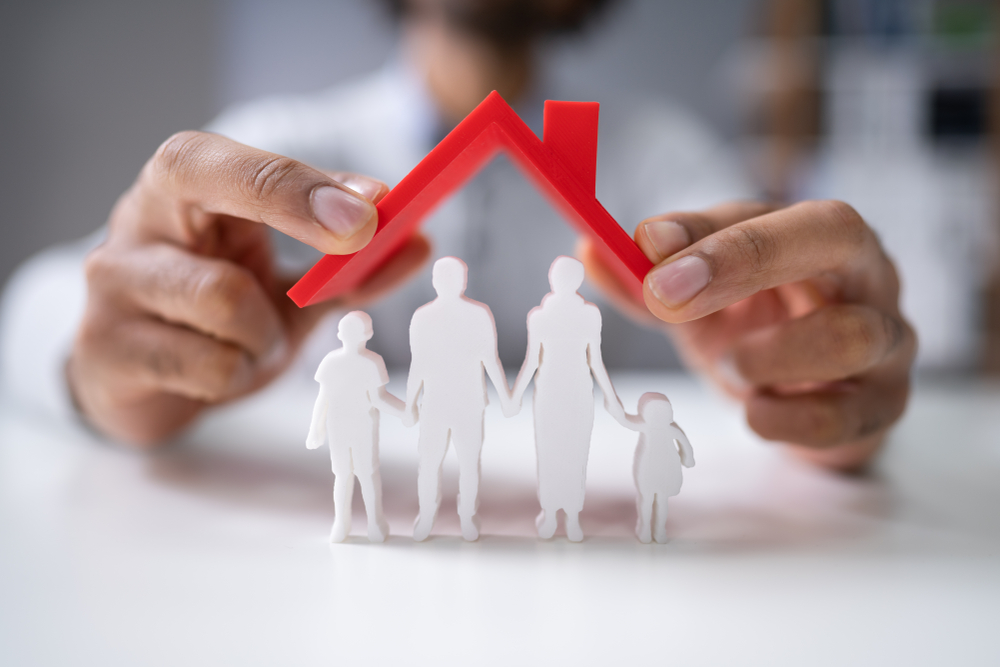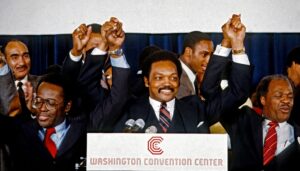Black applicants are more likely to face difficulties when attempting to buy a home, according to a new report.
Released by LendingTree, the report found that Black homebuyers are 1.7 times more likely to be denied mortgages when compared to all other demographics. Although the disparity was persistent across all 50 states, the cities of Grand Rapids, Detroit, Raleigh and Miami recorded the highest denial rates, surpassing 10%. Salt Lake City was among the cities that had a lower denial rate, coming in at 8.94%.
Across the nation, the denial rate for Black Americans was 19%. For people of other demographics, the denial rate was approximately 11%.
Per Lending Tree, the most common factors leading to mortgage denial include the debt-to-income ratio requirement and credit history.
Despite the discouraging statistics, the rates mark an improvement from previous research released in 2022. In the past two years, from 2022 to 2024, the denial rate for Black Americans across 50 of the nation’s biggest cities dropped from 5.3% to 4.8%.
Regardless, the disparities reported in the latest 2025 report mean that Black homebuyers are not getting access to all of the benefits of owning a home, according to LendingTree consumer finance analyst Matt Schulz.
“For generations, homeownership has been one of the most powerful tools for building wealth that Americans have. Homeownership isn’t cheap, and there are ongoing costs; however, the equity that you can build over the years can be incredibly helpful,” said Schulz. “Not only can it provide you funding when you’re in a financial pinch, but it can also be used in working toward other financial goals.”

In recent years, the number of Black Americans who have become homeowners has increased. According to a report by the National Association of Realtors, Black Americans recorded the largest year of homeownership in 2023, coming in at a 2.8% increase.
Even with the increase, however, Black Americans still record a homeownership rate of just 44.7%, a rate substantially lower than that of white Americans. Currently, white Americans have a homeownership rate of 72.4%.
Along with high mortgage denial rates and discriminatory practices, income disparities contribute to this gap. Black homeowners are burdened with higher housing costs in 39 states, spending over 30% of their income on housing alone.
“Buyers have always had to consider total home costs – including utilities, insurance and commuting expenses – which are especially important when taking the initial steps into ownership,” said vice president of the NAR report, Jessica Lautz. “Non-White home buyers are more likely to be first-time buyers, underscoring the importance of changing demographics and the age of local populations, which will increase non-White homeownership over time.”










